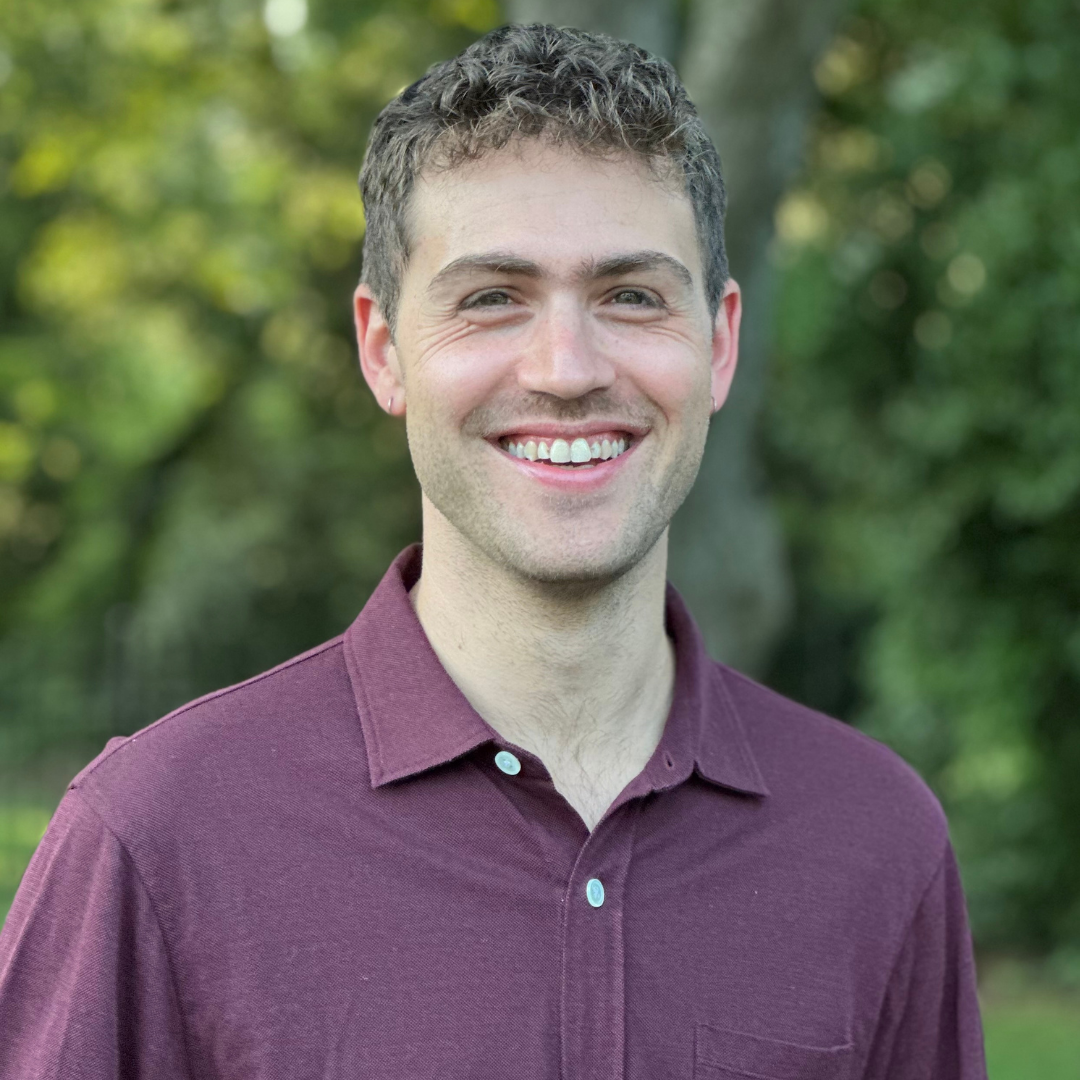About the Event
Title: “Zionism and Anti-Zionism in Historical Perspective” with Dr. Yaakov Lipsker, Assistant Professor of Practice in Humanities and Jewish Studies at Davidson College
Description: “As visual evidence of starvation pours out of Gaza and increasing numbers of scholars and human rights groups deem Israel’s war a genocide, we are seeing a significant shift in U.S. popular views on Israel across partisan lines,” explained Lipsker. “It is no wonder that there is a surge of interest in Zionism and anti-Zionism, both in the U.S. and internationally. In opinion columns, podcasts, and social media posts, Zionism is invoked as both a defense of Israel’s actions in Gaza and as the deeper cause of their punishing impact. In this talk, I will take a step back and discuss key junctures in the history of Zionism and opposition to it among both Jews and Palestinians, from its beginnings in the 1880s to Israel's legitimating ideology since 1948.”
Date and Time: Wednesday, October 29, 2025, at 7 p.m.
Lecture Location: Turchin Center for the Visual Arts 1102
Online Location: To join via Zoom, register at bit.ly/YLipsker.
Sponsors: The Center for Judaic, Holocaust and Peace Studies (CJHPS) and the departments of History and Philosophy and Religion
Audience: The lecture is free and open to the public. For a disability accommodation, visit odr.appstate.edu.
Questions? Contact CJHPS Director Dr. Davis Hankins by email at hankinscd@appstate.edu or by phone at (828) 262-6610.

Dr. Yaakov Lipsker
Dr. Yaakov Lipsker is an Assistant Professor of Practice in Humanities and Jewish Studies at Davidson College.
Dr. Lipsker's areas of specialization include modern Jewish social, political, intellectual and cultural history, and the interdisciplinary study of nationalism. His current book project examines the transnational history of Jewish nationalism in the late nineteenth and early twentieth century, by focusing on the origins and development of Zionism in and between the borderlands of the Russian Empire and Ottoman Palestine. As part of his research, he looks at how Jewish nationalist ideas were disseminated and received 'from below' through various settings and media, including popular literature, classrooms, and places of work and worship.